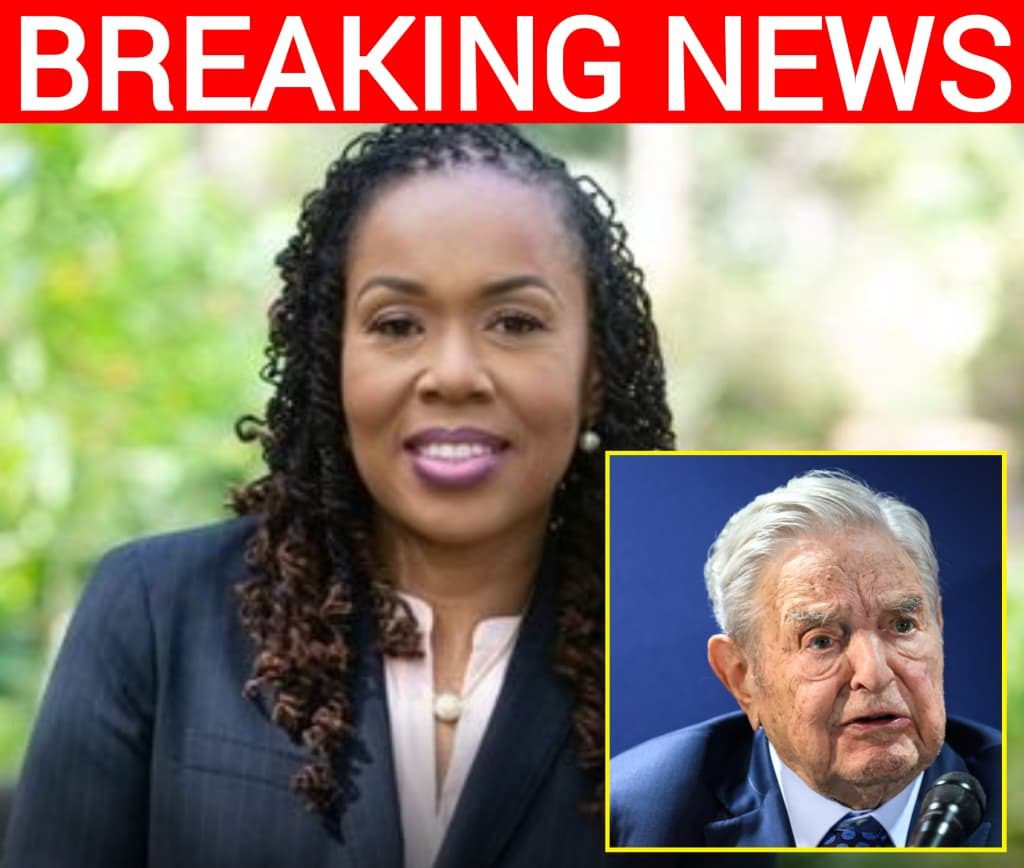Monique Worrell Faces Backlash in Florida After Declining Prosecutions in Child Exploitation Cases, Attorney General Slams Decision Amid Record Predator Arrests
Florida has been shaken by a political and moral storm after State Attorney Monique Worrell came under intense fire for decisions critics say endangered children. The controversy centers on her alleged refusal to prosecute a 61-year-old man accused of public indecency in front of children, as well as the dismissal of a separate case against another individual found with child exploitation material. These decisions have ignited outrage across the state, with Florida Attorney General James Uthmeier calling them “heinous actions that endanger kids” and demanding stricter enforcement of the law.
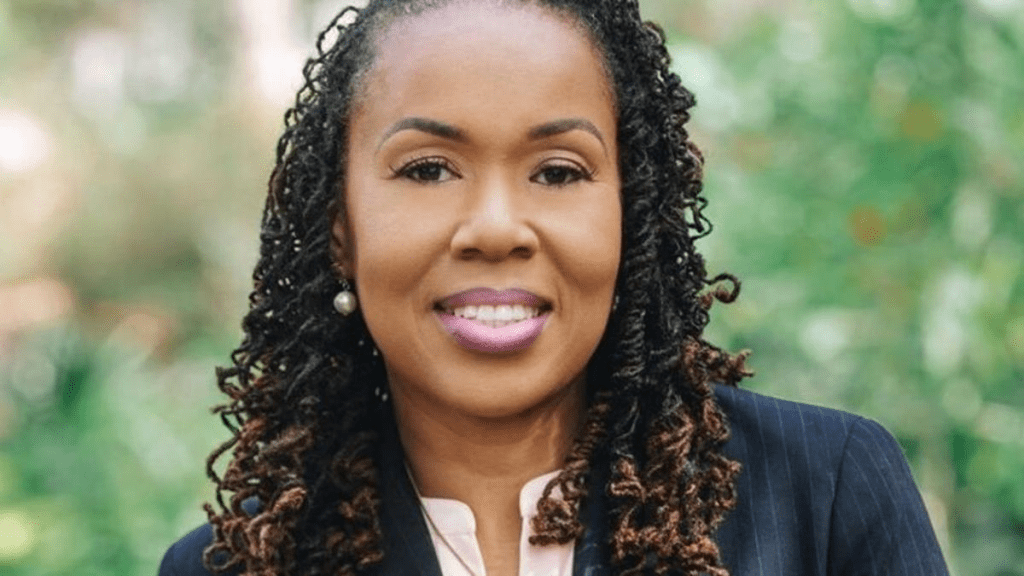
The uproar is especially striking because it is unfolding in Florida, a state where law-and-order politics dominate and where public sentiment heavily favors tough prosecution in crimes involving children. For many residents, the idea that such cases would not be fully pursued feels like a breach of trust between the justice system and the families it is supposed to protect. The emotional charge behind this scandal lies not only in the specific cases but also in the larger symbolic battle over accountability, prosecutorial discretion, and political influence.
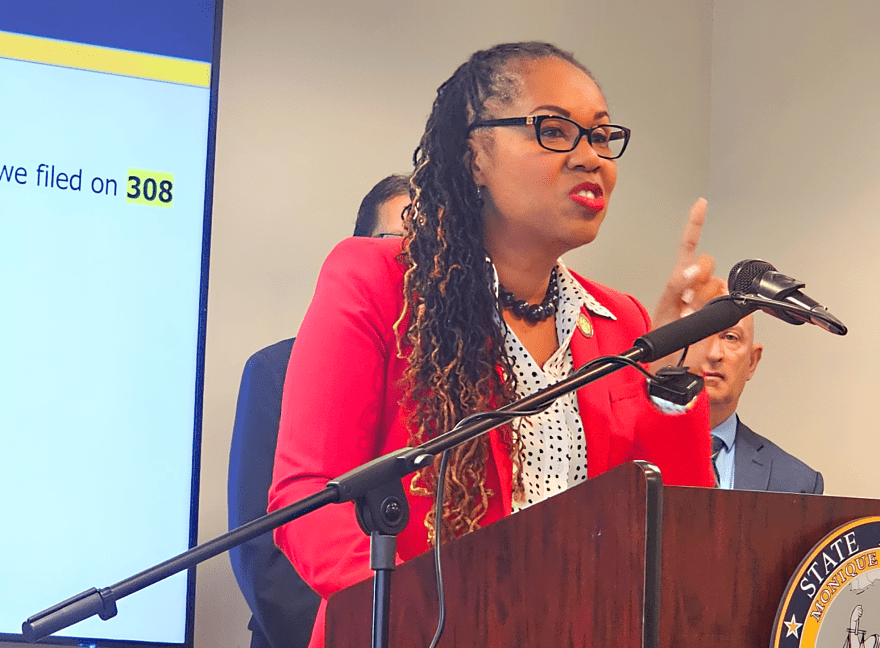
Worrell is no stranger to controversy. First elected in 2020 and then re-elected in 2024 with significant grassroots support, she quickly became a progressive figure in Florida’s legal landscape. Her campaign was bolstered by funding linked to George Soros’ Open Society Foundations, a fact her critics have seized on to argue that her prosecutorial philosophy leans too heavily toward reform and leniency. This has been framed as part of a broader national clash, highlighted by a 2025 Guardian report on the Trump administration’s efforts to investigate Soros-backed organizations. To supporters, Worrell represents a necessary shift away from outdated, overly punitive systems. To her detractors, she is dangerously out of touch with community safety.
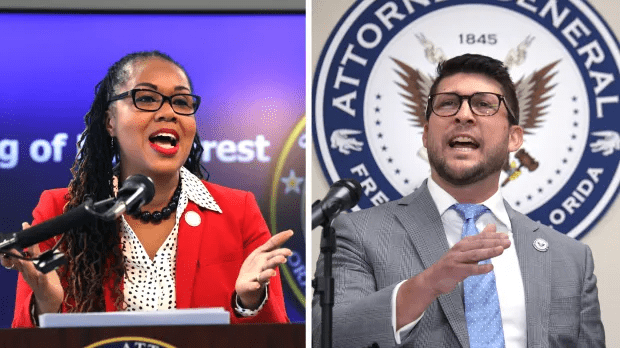
The outrage is amplified by the contrast between Worrell’s actions and the recent achievements of Uthmeier’s office. In 2025, his team led a record-breaking sting operation that resulted in the arrest of 48 child predators in Florida, underscoring the state’s commitment to cracking down on exploitation. Uthmeier has framed his office’s work as a direct counterbalance to what he sees as prosecutorial failures, insisting that Florida cannot afford leniency in cases involving children. His message resonates deeply, especially when paired with alarming statistics: the National Crime Victimization Survey has reported that one in five girls and one in twenty boys experience sexual abuse before the age of 18. Against this backdrop, the decisions attributed to Worrell seem all the more indefensible in the eyes of many.
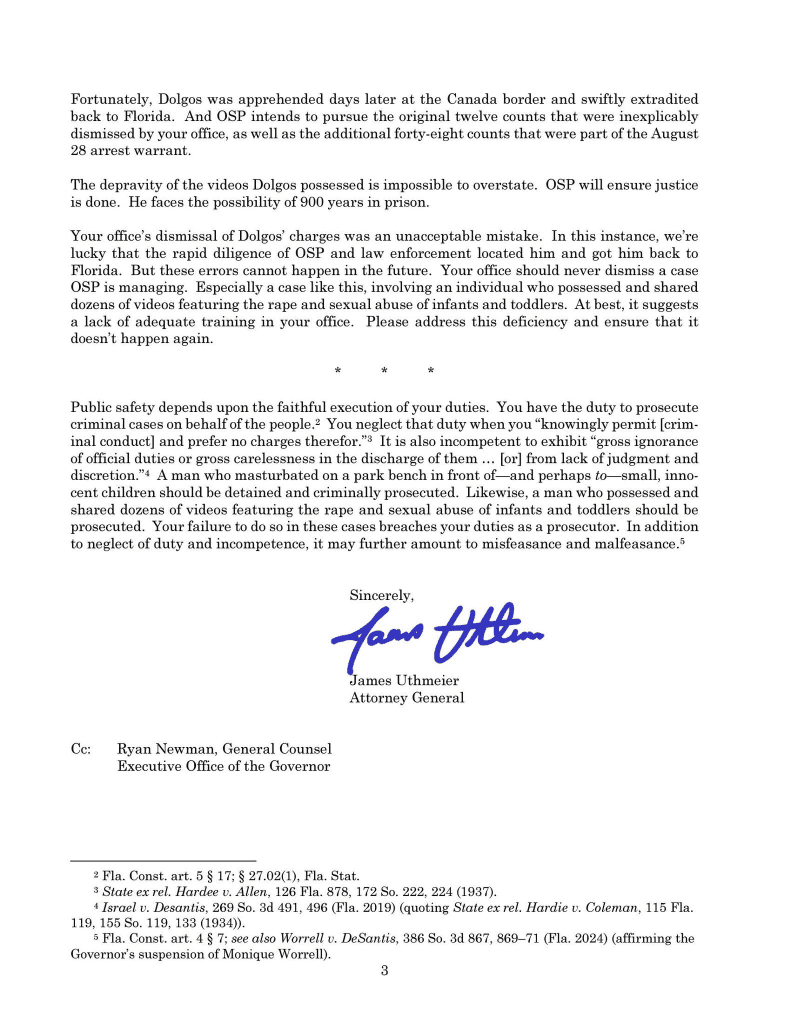
What makes this controversy so volatile is that it blends real cases with symbolic politics. Prosecutorial discretion has always been a part of the justice system, but rarely has it sparked such visible outrage in a conservative state. For families, the stakes feel personal, and for politicians, the stakes are ideological. The story has become about more than just two cases — it is now about trust in the justice system, the influence of outside funding in local elections, and the deep divide between progressive reformers and conservative law-and-order advocates.
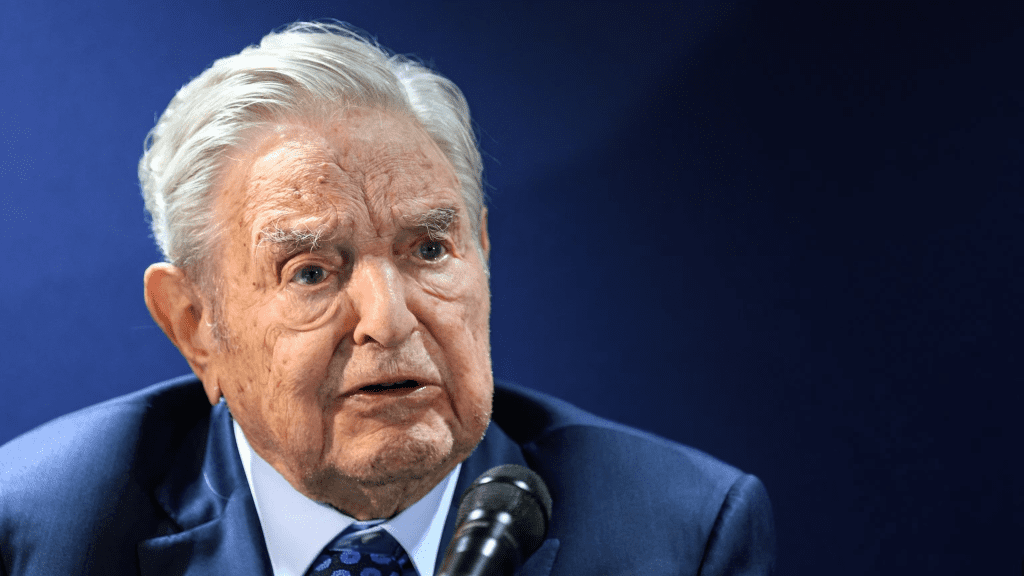
As the debate rages, Worrell has not yet publicly provided detailed explanations about why these prosecutions were not pursued. Her silence is adding fuel to the fire, leaving a vacuum that critics are quick to fill with accusations of negligence or worse. Meanwhile, supporters argue that her record overall reflects an effort to balance fairness and justice, and warn against allowing outrage politics to override due process.
For the people of Florida, this controversy feels like a crossroads moment. On one side stands a demand for uncompromising toughness in cases that involve children. On the other side is a prosecutor who rose to power promising reform and discretion. Between the two lies the fragile trust of a community that wants to believe the justice system will protect its most vulnerable. How this storm resolves may shape not only Worrell’s career but also the broader debate over justice and safety in America.
